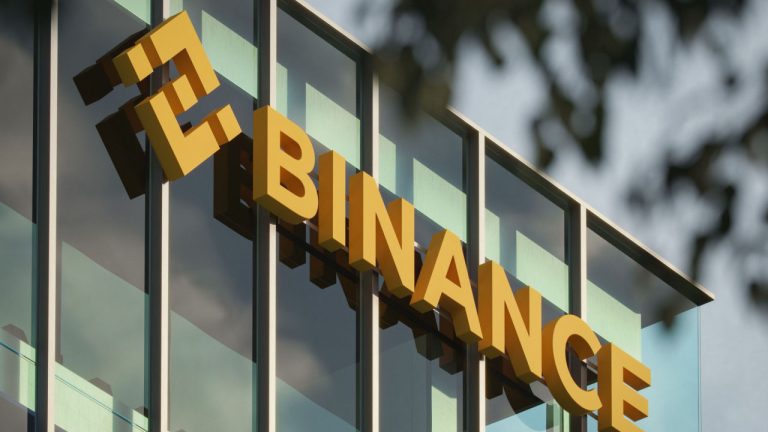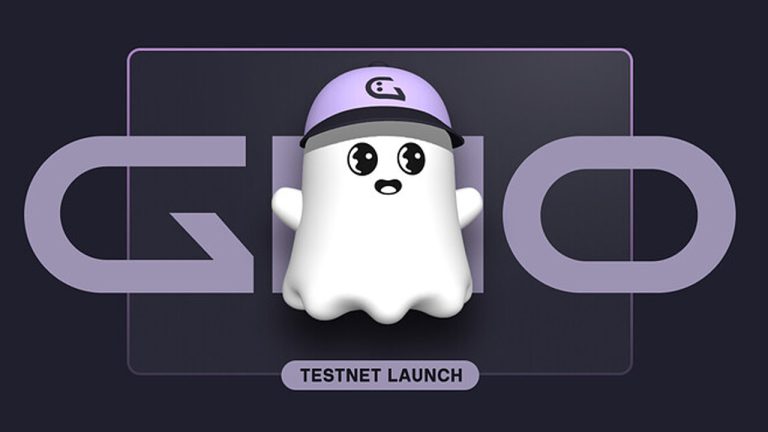
A look back on a highly technical Bitcoin conference hosted in London, in which ordinals, silent payments and the Lightning Network were studied and discussed.
The Bitcoin (BTC) bear market builders convened in London, United Kingdom, during the Bitcoin-only conference “Advancing Bitcoin.”
Common Bitcoin conference vernacular, words like “macro,” “shitcoin,” or “debt spiral” were absent from the debate, replaced by computer science terms; words like “OP_return,” “nonce,” and “ordinals” dominated the discussion. The two-day developer conference was technical and thoughtful, a space to get one’s hands dirty writing code.

Leon Johnson, a conference organizer and the head of operations at Bitcoin company Fedi, told Cointelegraph that the conference is entering its fourth year and the profile of attendees has slowly evolved:
“In 2019, we had a lot of what I would call hobbyists, enthusiasts, tinkerers. And those same people have now kind of progressed to work for Bitcoin companies.”
True to its name, the conference has advanced Bitcoin hobbyists to Bitcoin companies. Gaming company Zebedee, for example, spun up from interactions at Advancing Bitcoin, Johnson explained.
Alex Leishman, CEO of River, a U.S.-based Bitcoin accumulation and Lighting company told Cointelegraph that the event is a high-quality arena for builders:
“It's nice to be in workshops and presentations that really dig into the weeds and the inner workings of the innovations happening in the space, whether it's ordinals, lightning network, protocol upgrades, and what those then mean for user experience and for improving the actual products we're all trying to build.”
True to form, developers and computer scientists pitter-pattered on their keyboards throughout the conference. Attendees as young as ten constructed hardware wallets from scratch, spun up code and interrogated the blockchain and Bitcoin Mempool. An entire day was dedicated solely to workshops.

Echoing comments made by other developers and computer scientists, Johnson highlighted that progress is good, but the layer-2 Lightning Network is still in its infancy and Bitcoin is a teenager at almost 15 years of existence. So what does Bitcoin need to mature?
“Bitcoin needs people. We need more than speculators. We need people that care about applications.”
Eric Sirion, cofounder of Fedi and maintainer of the Fedimint protocol joined in: “Don’t gamble–it’s a bear market and bear markets are for building.” It’s time to “get out there and inspire people, he suggested.
Related: UK is ‘likely’ to need digital currency, says BoE and Treasury: Report
Uncle Rockstar (not his real name), the brains behind some of Bitcoin company Strike's inner workings that built out the Lightning Network integration with El Salvador’s Chivo wallet, concluded the first day of talks. Rather than delve deeper into technical specifications as with the other talks, Rockstar chose to chide, reassure and motivate developers, particularly those working on free, open-source software (FOSS).

Bear markets can burn out the best of us, he explained during his talk. “It’s OK to take a break and pick up a fiat job before returning to building.” Leishman agrees:
“I think Bitcoin is going to become the money of the world is going to completely change everything. We can speed that up if we're smart about how we approach it.”
With the Bitcoin price continuing to wallow in the low 20,000s, the bear market continues to grind on. Advancing Bitcoin recently announced its intention to travel to Málaga with the concept in autumn. The Spain edition focuses o businesses and institutions and will have less of a developer focus.










